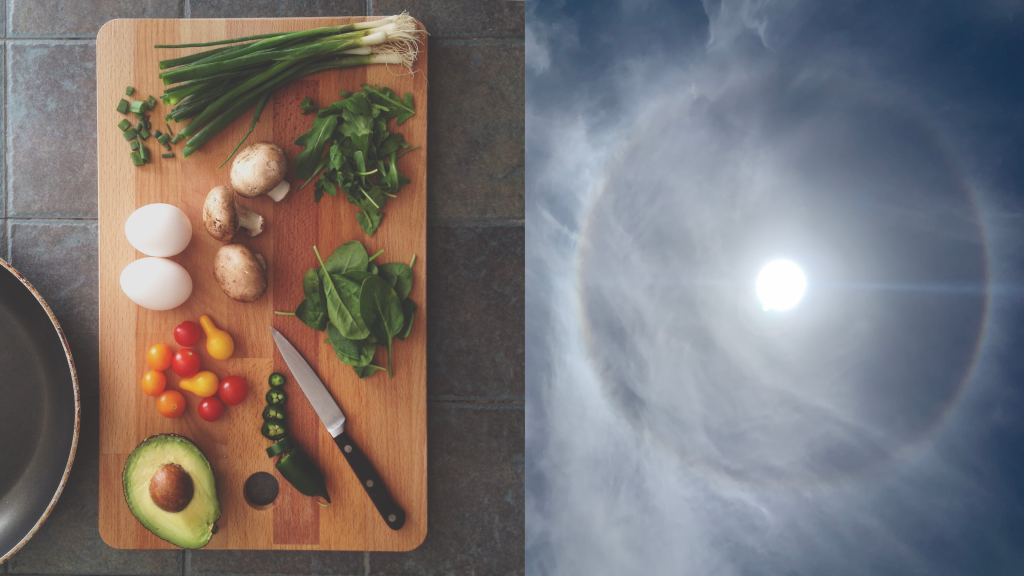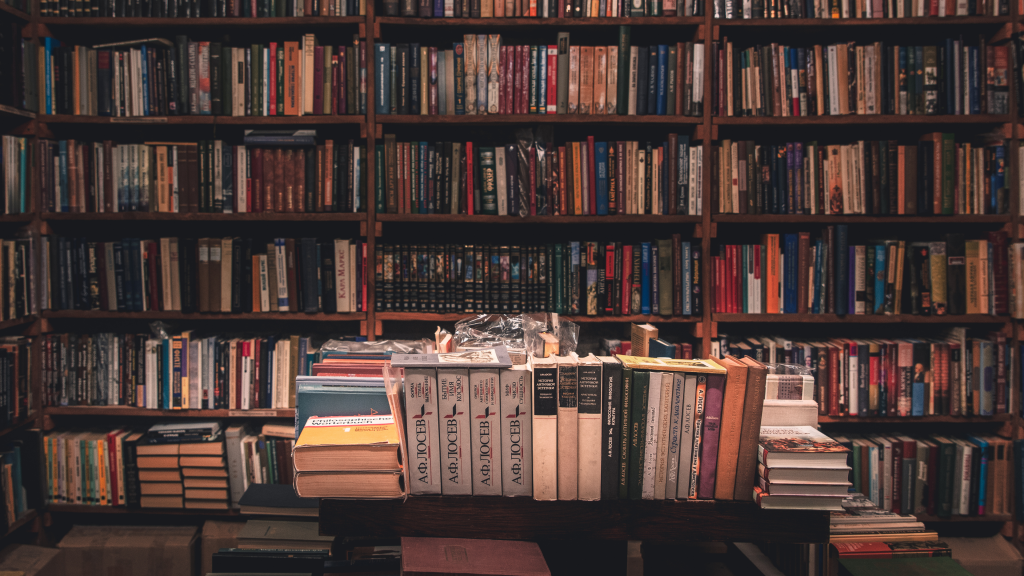Hope. Change. Love. Transformation. Luck. Finally.
Did these words bounce around in your mind as the clock rolled over to the new year?
I don’t blame you. Not one bit.
Our new culture is saturated with keys, triggers, signs; easy nuggets of hope that in turn saturate our subconscious, leaving us salivating for beautiful fruits that may never bear.
It’s ok, folks. I’m telling you, right here, right now, it’s ok.
I have walked with the hopeful, with the dreamers, with the expectant mothers and purposed fathers, with the wish-makers and wayfinders. I have also walked with the hopeless, with the downtrodden, the abused, the reckless and disillusioned, the cast-off chaff of this new world who’ve all but given up their faith in humanity.
Still, I say: it’s ok.
Are you calling me out on my BS yet? Please do.
Bring me your broken dreams. Bring me your deaths. Bring me your fear. Bring me your burdens of blackness, your wreckage that writhes and grins at you in the night.
Do you truly believe, in your deep-heart, that an arbitrary number has anything to do with the timing of the universe, with the random dance of molecules or economies?
I don’t think you do. But it’s nice to believe, isn’t it?
That’s my point. Right there. I don’t care what you believe in. Just believe. The fact the you WANT to believe tells me your heart isn’t dead.
Don’t get me wrong. I understand the symbolism. “New year, new you.” Fair enough. But I need you to do me a favor.
Accept that a new year, in and of itself, won’t change a damn thing.
Trust me. Knock it off. Don’t set yourself up for disappointment.
Set goals, yes. Retain hope in the future, yes. But you’ve just been handed an empty box.
Much like a new relationship, a new year comes with an empty box. What you get out is what you put in. It doesn’t come with anything. And this empty space is what’s important.
We place value on the structure, but the space is what we use.
So what will you fill yours with?
I can’t stress how vitally important it is to define this concept. “Hope for the best, but prepare for the worst”? When did we become so lost in our hearts? It’s not wrong to hope, nor to have a back-up plan, but I’ll challenge you right here and now to “hope for what you want, but prepare for what you need”.
You hate this already. I can tell. You don’t need death. You don’t need disease. You don’t need loss. You don’t need breakups, financial hardship, hatred, betrayal, anxiety.
What you need is the hope of the undying.
Allow me to set you up for the pain of the coming year right now.
Ready?
Some of you, this year, will lose something. Your car will get stolen. You’ll get divorced. Someone will die. You’ll experience betrayal. You’ll get diagnosed with something. You won’t get the job.
Can hardly wait, right?
Are any of you thinking of what could go RIGHT, though?
Hear me now.
In fact, how could we appreciate all that is Good without the absence of it? How could we grow in mind, in body, in heart, in spirit, without being broken on the altar of life? Without being hammered on its anvil? Would you wish for an easy life, or for the strength to endure a difficult one?
Better still, would you wish to walk through the flames and STILL COME OUT shining your light to the world, to hold out your scarred hand to a beaten soul and say, “come with me, for there is still Life up ahead”?
Would you wish, instead of being broken and clinging to your brokenness, of staring at your brokenness with resentment, to allow the light within yourself to shine through the cracks?
Only by being broken can we transform. In being broken, in being dealt a bad hand, we are given a choice; perhaps the most important choice in our lives.
You can choose to say “I didn’t deserve to be broken. I won’t trust life any more. I will exact revenge where I can, so I can reclaim some of what was stolen from me”…
…or you can choose to say, “I didn’t want to be broken, but I’m grateful that I did. Life has threshed my wheat from my chaff, has hammered my impurities from my metal, and if I alone can be broken again and again and AGAIN and walk away laughing, to love and hope and offer an outstretched hand, then I am glad.”
Peace is not found in what you get. It’s found in what you do with what you’re given.
Right here, right now, witness that I renounce all claims to what I think I deserve. I am not special. But nor am I a coward for losing faith, for wanting to give up. I am given a calling and a priceless gift. If I get what I desire, I will be grateful. If I do not, I will also be grateful.
I will be lifted up on wings, and dashed on the rocks. My soul will dance at the coming dawn, and I will weep in my pain as I am broken again. I am being hammered on the anvil. I am losing myself, and I am becoming myself.
I will use my tears to wash the dirt from another’s face.
The universe will deal me the absolute worst hand, and I’ll say “Here, take my money. It’s time to play chess instead.”
I was so sure blackjack was the answer. But perhaps chess is the better path.
I renounce and refute my human inclination to be hurt by loss, to curl inwards, away from the world. To die from the inside out.
If my house is destroyed, I will wonder what my next house will look like.
Because if I don’t, if I hold on to my innate ability as a human for pattern recognition, and I apply THAT to what happens to me… can you guess what comes next?
Let me tell you. Listen.
I will be the victim of my own self-fulfilling prophecy.
“See? It didn’t happen. I knew it wouldn’t.”
Bull. Shit.
I’m not advocating a relentless, creepy happiness. I’m not saying “be positive”. Nothing so trite and meaningless. In fact, I’d encourage you to stay as far as possible from sources that promote blind positivity. Or blind negativity, for that matter.
There is a middle path. And you need to walk it.
Good and Bad are cyclical. Sometimes, one wins out more than the other. And there is NOTHING, no matter what, that can take away your hope and the love hidden in your deep-heart unless you allow it to.
There’s always a choice.
We are such beautiful and horrendous creatures. Pitiful and incredible, we sacrifice out of love and wreak atrocities on each other in the same day.
Living for such a brief speck of cosmic time, staring out at the universe, we wonder. Why? If you find an answer that works for you, and you can be truly satisfied in your soul, then I commend you. If you don’t, then let me tell you again: it’s ok.
You need merely ask the question. That, in and of itself, is the mystery and the answer all in one.
The fact that you can ask is beautiful, even without a clear answer. The closure you seek may never come. But the closure you need comes from forging a new path, and to keep asking regardless.
Animals are blameless and pure. The angels some believe in are that also.
So here we stand. Brilliant and flawed, halfway between the ape and the angel, staring up at the night sky in hope. Ready to love and ready to fight in the same breath.
So as you watch the stars in this new year, and for the rest of your life, you might say “I wish for my shooting star, but it never comes. Maybe it never will.”
And you are right.
But this is not cause for despair.
Your strength lies in the ability to unceasingly watch the night sky, time after time after time, marveling at its beauty, drowning in the mystery and audacity of hope so that you might learn to breathe again.
And when someone else comes along, saddened and beaten, wishing for a star that may never come, you can say:
“Look! My God, just look at the stars! Can you believe we get to watch them one more night?”
This, then, is my only resolution I offer you: become a beacon of hope to yourself, and to others.
Unfurl your banners of Light and watch the armies of death break themselves on your shields.
————————-
“Some day, you will be old enough to start reading fairy tales again.”
— C.S. Lewis

